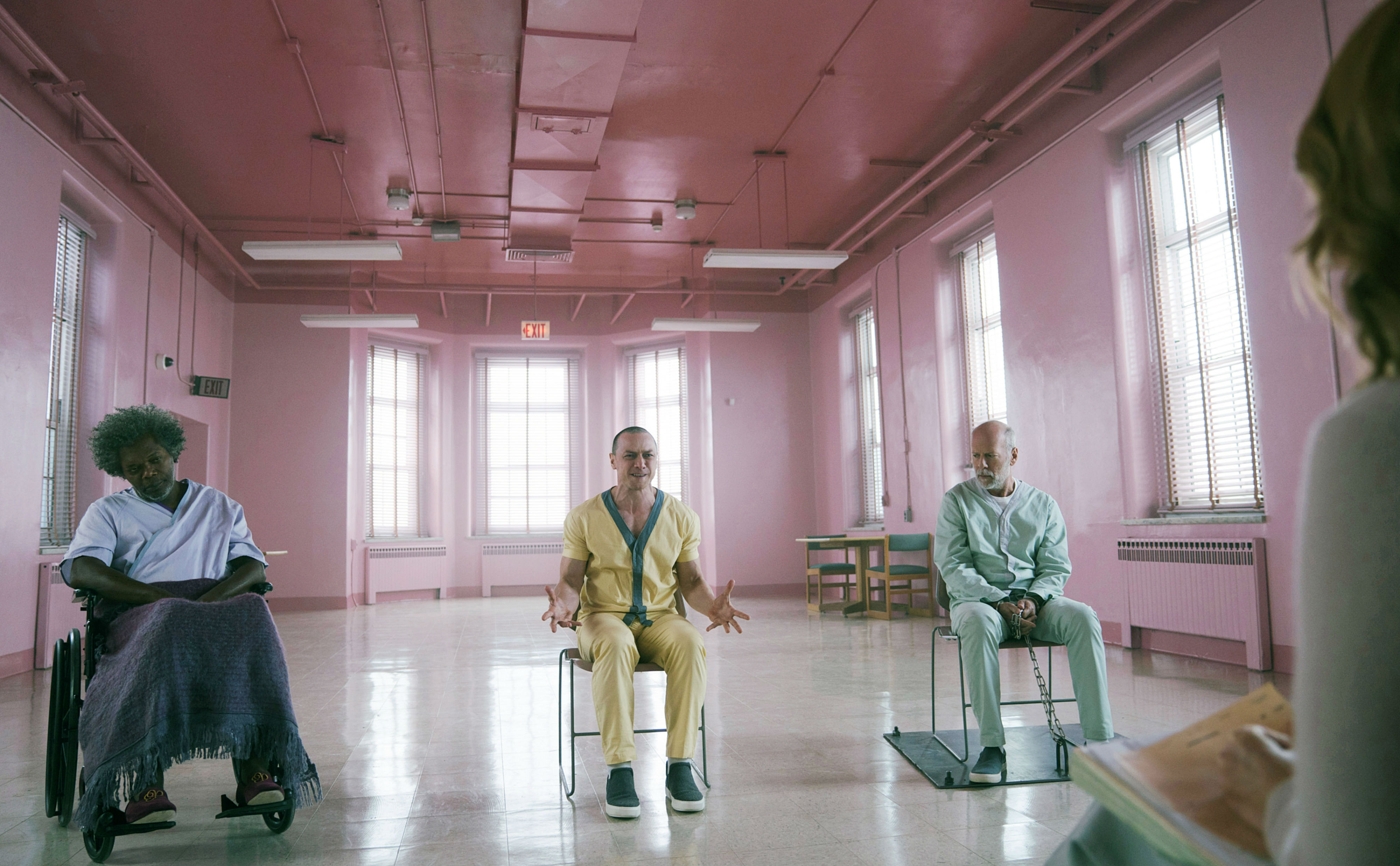What’s New on Home Video in April 2019
Strong personalities dominate a slew of strong movies that will be available for home viewing during the next few weeks. It’s a perfect time to catch up with key releases you may have missed before the onslaught of action blockbusters begin arriving in theaters.
Here’s our guide to all the major titles arriving on home video in April 2019, complete with links to more information and how to buy and/or rent on FandangoNow.
April 2
Glass
M. Night Shyamalan concludes a trilogy of films about superpowered humans who face surprising challenges in the modern world. The fractured thriller stars James McAvoy, Bruce Willis, Anya Taylor-Joy, Sarah Paulson and Samuel L. Jackson.
[embedded content]
Buy and/or Rent on FandangoNow.
April 2
The Kid Who Would Be King
In this beguiling adventure, a young lad named Arthur (Louis Ashbourne Serkis) must join with school friends both new and old on a quest to defeat the powerful and wicked Morgana (Rebecca Ferguson). Patrick Stewart also stars.
[embedded content]
Buy and/or Rent on FandangoNow.
April 2
Replicas
Keanu Reeves stars as a scientist who is desperate to experiment on his family with technology he is still perfecting. Alice Eve and Thomas Middleditch also star in the sci-fi thriller.
[embedded content]
Buy and/or Rent on FandangoNow.
April 9
Escape Room
Six strangers become trapped by deadly circumstances beyond their control and must use their wits to survive. Taylor Russell, Logan Miller and Deborah Ann Woll star.
[embedded content]
Buy and/or Rent on FandangoNow.
April 9
Mirai
A young boy becomes jealous of the attention that his newborn sister receives from their family and then encounters very strange guests from the past and future. The animated adventure features the voice talents of John Cho, Rebecca Hall and Daniel Dae Kim.
[embedded content]
Buy and/or Rent on FandangoNow.
April 16
Miss Bala
Gina Rodriguez stars as a young woman whose life is placed in danger after she becomes unwittingly involved with a deadly international crime gang. Anthony Mackie also stars.
[embedded content]
Buy and/or Rent on FandangoNow.
April 23
Arctic
Airplane pilot Mads Mikkelsen crash lands in a frozen wasteland and then must undertake a long, arduous journey to have any hope for survival. Joe Penna directed.
[embedded content]
Buy and/or Rent on FandangoNow.
April 23
Serenity
Fishing boat captain Matthew McConaughey is tracked down by ex-wife Anne Hathaway, who needs his help. The twisty thriller also stars Jason Clarke, Diane Lane, Djimon Hounsou and Jeremy Strong.
[embedded content]
Buy and/or Rent on FandangoNow.
Also in April
Destroyer
In a searing, memorably performance, Nicole Kidman stars as a police detective who must deal with the professional sins of her past. The action-filled drama also stars Sebastian Stan, Toby Kebbell, Tatiana Maslany and Bradley Whitford.
[embedded content]



